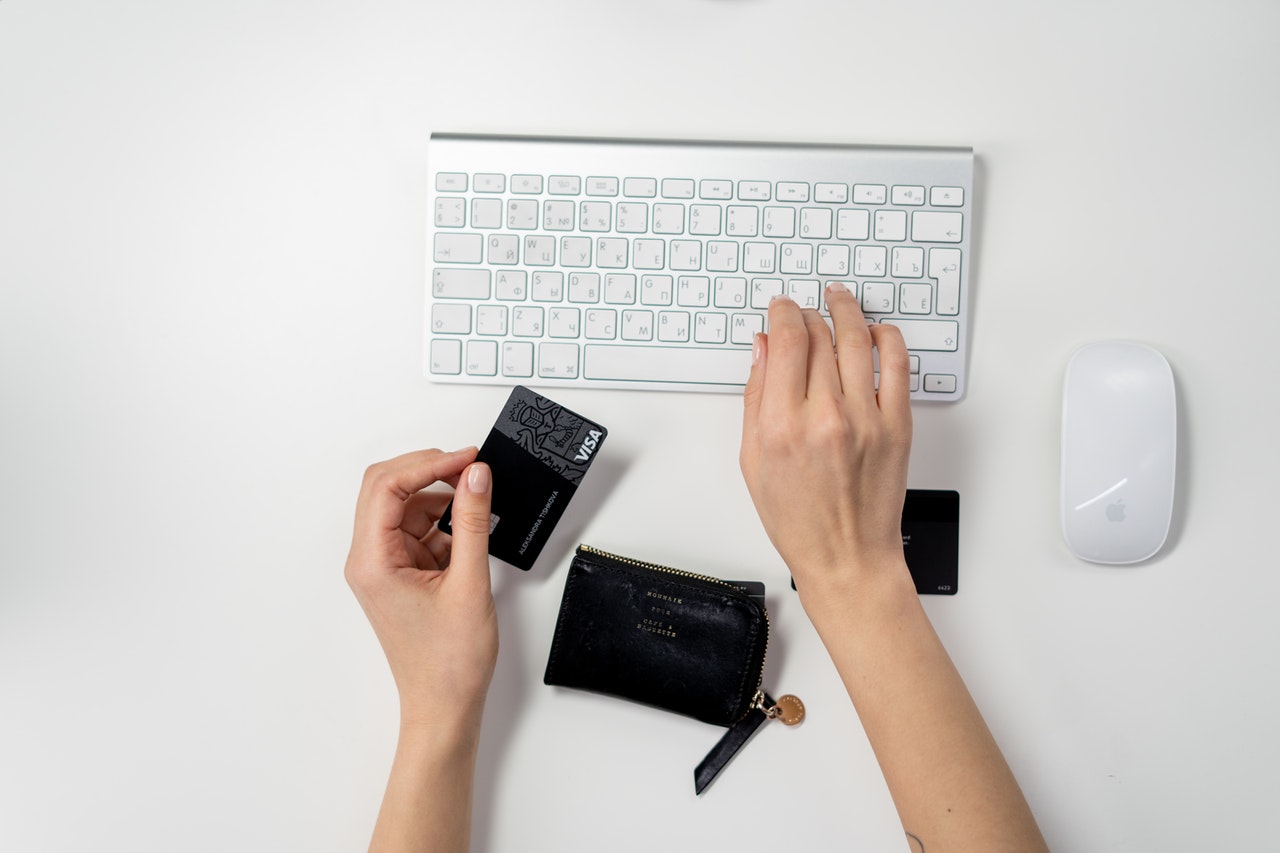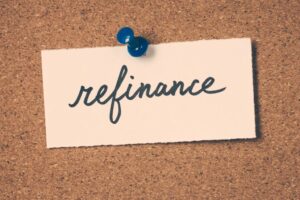Hackers are constantly finding new ways to steal card information, causing some consumers to think twice about using debit cards. It may even seem like the safest thing to do is to stop using them entirely. Yet the convenience and no-debt nature of debit cards make them a valuable financial tool.
If you want to keep using a debit card, rest assured that there are ways to keep it secure. In this article, you’ll learn tips for keeping your card information safe and what to do if something goes wrong.
Keep Control of Your Card
Owning a debit card is not a “set it and forget it” type of situation. You do need to stay on top of managing your card to ensure it remains secure. Thankfully, doing so is easier than ever. This is largely due to the growing popularity of online debit cards and financial management apps.
If you’re in the market for a new debit card, look for one with user-friendly controls. Being able to quickly turn off the ability to make purchases is helpful if you misplace your card. Many banking apps will now let you deauthorize international purchases with a click. This is great for security if you think your card information has been stolen. To prevent theft, make sure two-factor authentication is turned on and consider setting up account alerts.
Check Bank Statements Frequently
There are fewer feelings worse than discovering someone else has been using your debit card. Ideally, you’ll have set up alerts to let you know about suspicious account activity. If you haven’t, taking a close look at your bank statements every month can help you catch fraud. Many banks have a set amount of time in which you can report fraud and receive full protection. So it’s essential to know when something has gone wrong as soon as possible after it happens.
Get in the habit now — before something goes awry — of reviewing your bank statements. Beyond the security benefits, it’s also a great way to take an objective look at your spending habits. You’ll learn what your “normal” looks like and be better able to spot something that doesn’t seem right. If you do see suspicious activity, contact your bank immediately. They’ll be able to let you know whether there was an error on their end or something more nefarious is going on.
Restrict ATM Use to Banks
ATMs are convenient for everyone to use. Unfortunately, “everyone” includes people who want to steal your card information. These ill-intentioned people can use skimmers to collect your data. Skimmers are placed over the card reader of an ATM and harvest the data of every card swiped. Because they are hard to detect immediately, skimmers can steal a lot of information before they are removed.
To protect yourself and your card, avoid using ATMs that are not at a bank. Generally, the machines at banks have security cameras on them or someone who monitors their activity. Machines in locations like airports, gas pumps, or convenience stores are not as likely to have that extra security. This relative laxness makes it easier for criminals to tamper with them undetected. You may have to go out of your way to use a bank-affiliated ATM, but your card will be safer.
Flex Creative Writing Skills
If sacrificing ease for security is something you’re OK with, you may want to adjust your security questions. Most people know not to use the most common questions like mother’s maiden name or childhood address. However, it’s not unusual for card users to choose questions and answers they can easily remember. This can create a security weakness.
To solve this problem, consider making up different responses. While you may have to answer all the security questions posed, there’s nothing saying your answers have to be honest ones. Made-up responses will be a lot harder for potential identity thieves to figure out. Set your questions and answers and keep the information somewhere secure if you think you may forget it. Just don’t save the information online where it could be easily found.
Shop Online in the Privacy of Your Own Home
We all acknowledge that the internet isn’t as secure as we’d like it to be. Anytime you log in to social media, check your email, or make a purchase, you’re taking a risk. It’s up to each individual to decide what level of risk they are comfortable with online. When it comes to their debit cards, most people want to take as little risk as possible.
A great way to do that is to never use or access your debit card on a public connection. This includes activities like online shopping, checking your bank balance, and paying bills online. Wait until you are back to your password-protected Wi-Fi at home. Hackers will have less access to your information and accounts.
Outsmart Phishers
Unfortunately, phishing attempts are still a common way that debit card security can be compromised. Consider how many emails you get from retailers every day. Can you be sure that all of them are actually from who they say they are?
To be sure you are shopping at an actual retailer, go to the site directly rather than clicking through an email. Phishers can make their malicious emails look remarkably like the real thing, so it’s better to be safe than sorry. If you’re online shopping on a site you don’t know well, search the company through the Better Business Bureau website. You can also lookup customer reviews on social media to help ensure you won’t be scammed.
Avoid Gray Charges
Unfortunately, hackers and phishers are not the only entities who want access to your accounts. Reputable companies also want free access to charging you, even for things you may not realize you purchased. Consider how many hoops you have to jump through to get “free” trials, for example.
Signing up for trials that require you to put in debit card information makes you vulnerable to gray charges. These are charges that aren’t fraudulent but may not have gotten your explicit approval. Gray charges include months of service after a free trial ends or a subscription tacked on to an online purchase. Avoid these charges by resisting the urge to sign up for free trials or — barring that — double-checking the fine print.
Debit card security is an important matter. The ease of using these cards certainly comes with a safety risk. But making purchases with your debit card should not be a source of stress. With common sense and the tips above, you’ll be able to use your card knowing your information is safe.




